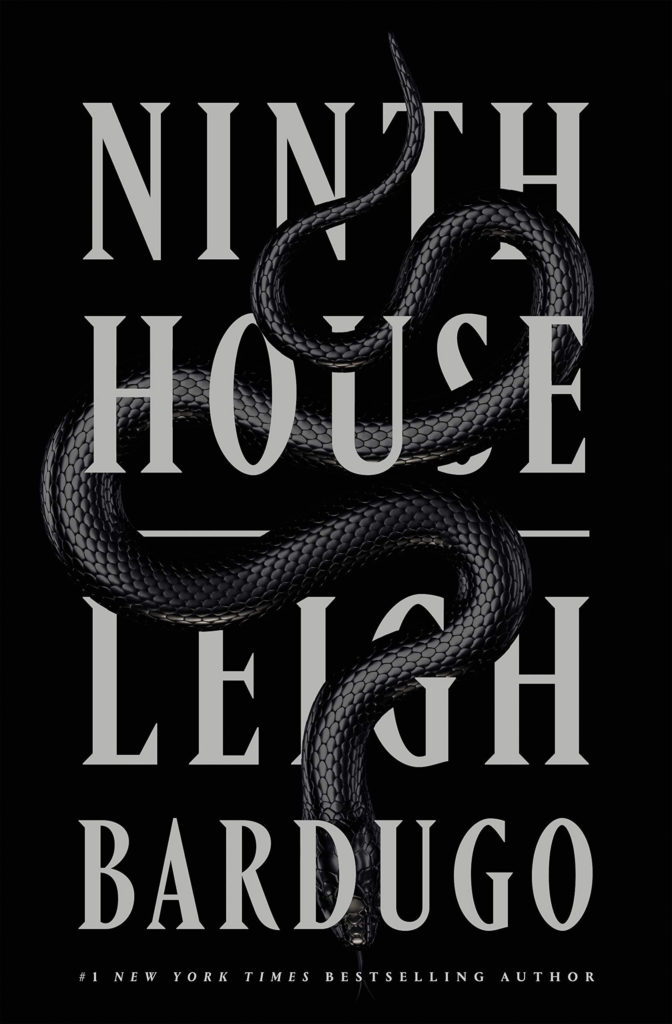We found it at the Raven Book Store–a new release with a slick minimalist cover in shades of black and silver – a serpent insinuated among the letters of the title and the author’s name. It’s arrival was auspicious, having a release date on Genelle’s birthday. Those aspects alone would have merited a look, but the jacket copy revealed the protagonist was a Yale college student tasked with policing the occult dabblings of the institutions secret societies.
Finally – a tale situated soundly in the same subgenre as The Heiromancer.
The protagonist is a scrappy college student determined to do what’s she believes is right in the context of secret societies who’ve grown powerful from exploiting secret occult knowledge. Her father disappeared when she was young under mysterious circumstances, which was not without consequences for her childhood. At the University, she teams with an ardent young man who is himself no stranger to the occult, and together they work to solve the mysteries surrounding a number of anomalous occurrences, despite the fact that there are powerful forces who might prefer those stones left unturned.
Sound intriguing? I thought so – which is why I wrote the Heiromancer. If you think so too, give it a shot. Or, you could instead read Ninth House, by Leigh Bardugo – to which this same blurb applies equally well. Or read both and see how they compare.
Are they the same story? No. Heiromancer is a complex trilogy set in a pseudo Victorian setting while Ninth House has a simpler (by by no means simple) plot set at modern-day Yale. But a number of structural similarities are undeniable. If you like one, there’s a good chance you’ll like the other.
I have long wondered whether the specific plot elements I devised in The Heiromancer were market-worthy. The reviews for Ninth House strongly suggests they are. On the brighter side, its popularity provides a well-recognized book in a similar subgenre that I can use for comparison when pitching my own books, but for all that, a part of me can’t help feeling that, despite having published first, I’ve been scooped.
Leigh profusely thanks New Leaf Literary for all their help. I, too, queried New Leaf with Practical Phrendonics back in 2013. Ah, what might have been, if only they’d been interested back then. As Uncle Rayen sagely states in Practical Phrendonics, “far more turns on the ‘chance meeting’ or ‘accident of birth’ than on all the best-laid plans ever devised.”
 (0)Dislikes
(0)Dislikes (0)
(0)
